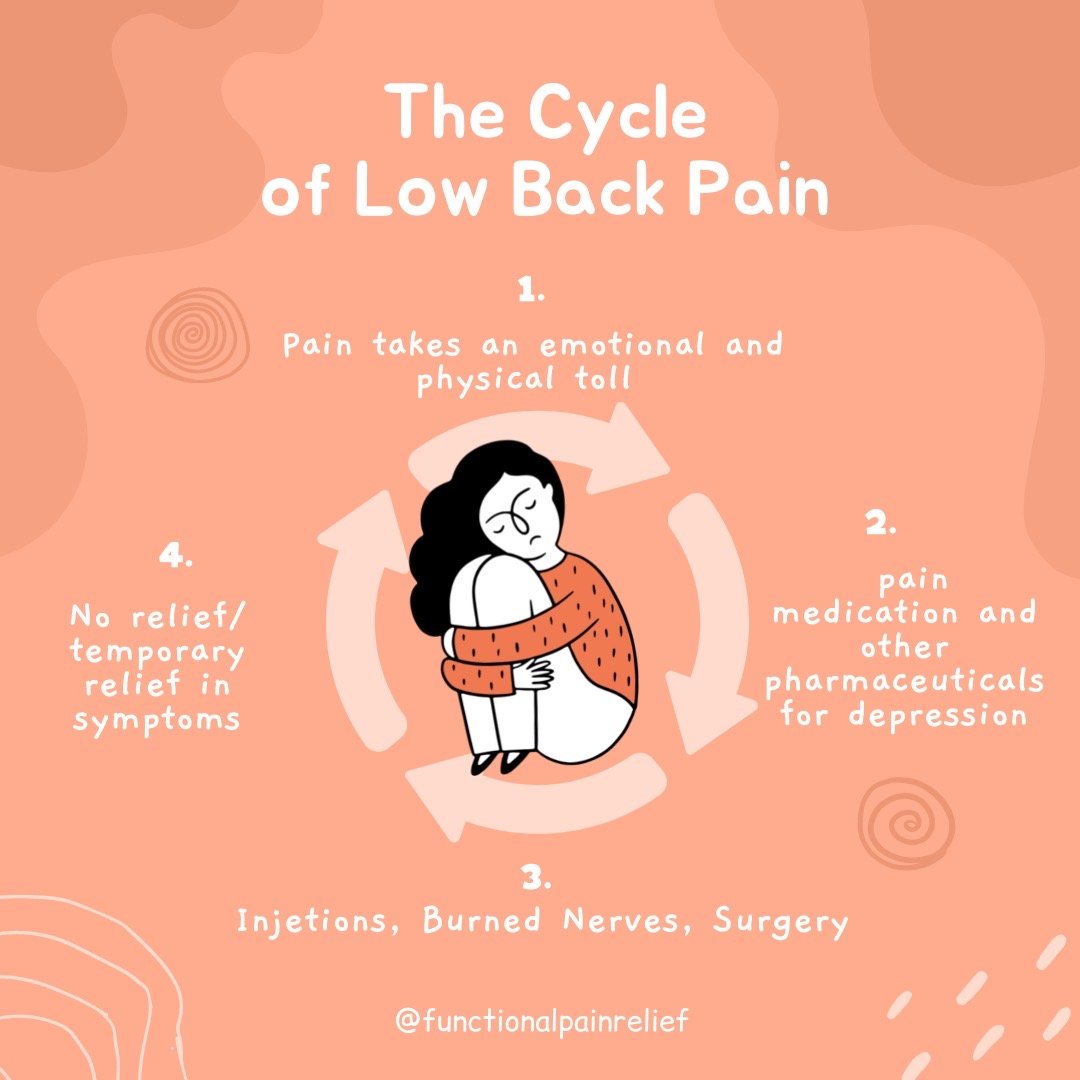Low Back Surgery?
Is low back surgery the right call?
There has been an alarming increase in the amount of new patients I’ve seen that have had low back surgery.
Even more concerning are the amount that have had multiple surgeries! Through the first 4 months of 2022 about 25% (8 out of 33) of our new patients fit one of those 2 categories.
That's 1 out of every 4 people that come to us for chronic low back pain!
Don’t get me wrong there is a time and a place for surgical intervention, but it should be an absolute last resort. Patients that have had surgery have a less than ideal prognosis by the time they reach our office. There has been anatomy removed and now the body has to work overtime to try and stabilize the compromised area. This is something that is never explained to the patient prior to surgery.
They are under the assumption that once the surgery is done, they’ll be back to their old ways.
Unfortunately, that is not true. By the time a disc has herniated to the point it requires surgery there is a high possibility an adjacent level is also damaged. Surgery may take care of the biggest problem but what’s lurking in the shadows are the next 2 problems. This is how those patients end up in our office.
Some of the toughest conversations I have with my patients are the ones where the surgery may not have been required. Most times the patient already knows this because they’re still in pain but didn’t understand why the surgery could have failed.
What can be done for someone who has had surgery?
Hopefully there is still a good window of opportunity for us to get your tissue stronger and healthier. This allows the damaged tissue from the surgery to be in a healthy environment and will allow that tissue to heal. Since implementing shockwave this has allowed us to treat degenerative conditions such as disc injuries, osteoarthritis, and tendon/ligament damage.
Before getting surgery it’s imperative you exhaust all possible options.
Once they start taking out pieces of anatomy you don’t get those back. This significantly decreases your chances of being able to live a pain free life. Obviously, we want what is best for our patients. Sometimes it might have to be surgery, but oftentimes it’s not. We won’t know that until we can do our examination and figure out the source of your pain. I’ve been in practice for 7 years now and out of all the patients, 5 have needed surgery.
We know when patients need surgery and when they don’t. So before jumping straight to surgery, talk with Dr. Nottoli or myself to help determine what the next best step is for you.

